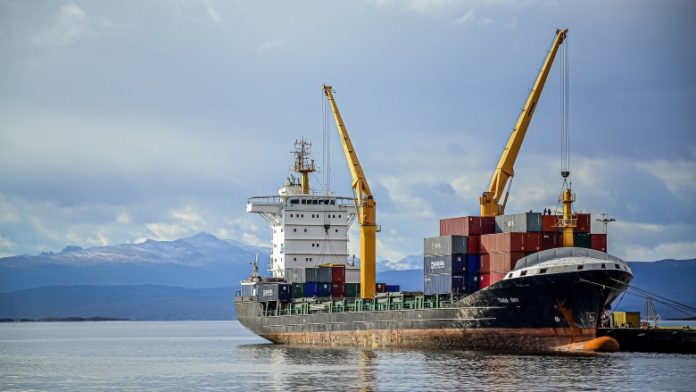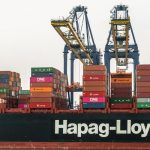Attacks on container ships in the Red Sea and Suez Canal have caused major shipping lines worldwide to suspend their transits in the area, which is a strategic rendezvous point. An effect on world trade is expected, which is of concern to the industry, as around 10% of global trade passes through the Red Sea, including 30% of global container traffic. This includes possible delays in cargo movement in different regions, increased pressure on alternative transport routes, and increased demand for transport services in unaffected areas.
According to an analysis by logistics company MTM Logix, bunker adjustment factors (BAFs), general increase in transport fares, and some war surcharges are expected to be implemented in the coming days, affecting not only diverted services but potentially all services due to the interconnected nature of global shipping networks. This is likely to affect the entire industry, regardless of the contractual or spot rates of individual carriers.
“Attacks on container ships by Houthi have raised extreme concern for the flow of oil, food, grain, and consumer goods through this important artery of world trade”, says Mario Veraldo, CEO of MTM Logix.
According to the executive, vessels are also likely to be diverted around Africa, which will increase transit times on Asia-Europe routes and all those connecting to the Mediterranean, and as a result, longer waiting times for berthing, unloading, and cargo processing. Even regions not directly linked to the Red Sea or Suez Canal traffic may experience delays and unpredictability in transport schedules. The additional time around the Cape of Good Hope, for example, will take between 12 and 20 days depending on the speed of the ship and possible port congestion.
The Houthis have threatened to attack any ship they believe is going to or coming from Israel, and recent attacks have intensified for any ship, regardless of its origin or destination. The group has claimed responsibility for several attacks openly obstructing shipping to pressure Israel during its offensive against Gaza.
“MTM Logix has therefore decided to alert its customers about the possible effects of these actions, recommending caution and making sure that we are all aware of the situation to take the appropriate measures”, he pointed out.
For Veraldo, supply chain control towers will be important allies to overcome this crisis. The integration of Artificial Intelligence in these towers enables data-driven decision-making, which means that companies can receive timely alerts about possible delays, allowing them to adjust their strategies in an agile and precise way.
“The towers emerge as a beacon of hope for companies, these technological marvels offer centralized monitoring of the entire supply chain, allowing companies to monitor their shipments, assess stock levels in real-time, and anticipate potential disruptions. Careful monitoring ensures that, even during events like this, customers can have an overview of what is happening and plan. We keep a close eye on the situation and are prepared to make the necessary adjustments to maintain the efficiency and reliability of their logistics needs,” concludes Veraldo.
Source: Hellenic Shipping News






